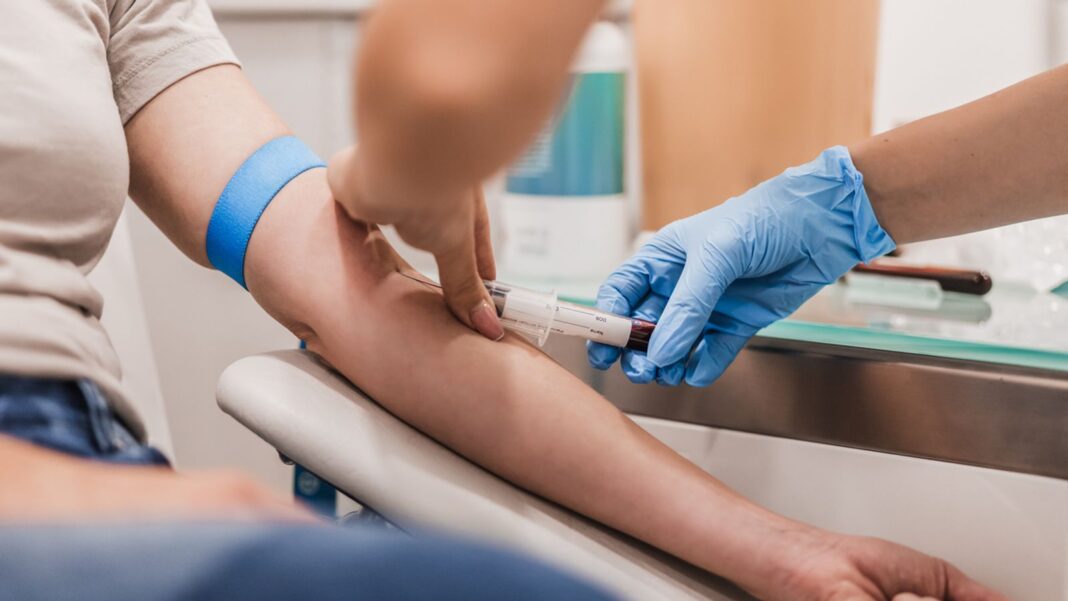
A new test can detect breast cancer at its earliest stage, using laser screening and artificial intelligence.
The fast, non-invasive test looks for subtle changes in the bloodstream that occur during the initial phases of breast cancer, known as stage 1a, according to the University of Edinburgh team behind the breakthrough.
These changes aren’t detectable with existing tests.
The team say their new method, which was reported in a study in the Journal of Biophotonics, could improve early detection of the disease and pave the way for a screening test for multiple forms of cancer.
“Most deaths from cancer occur following a late-stage diagnosis after symptoms become apparent,” said Dr Andy Downes who led the study.
“Early diagnosis is key to long-term survival, and we finally have the technology required.
“We just need to apply it to other cancer types and build up a database, before this can be used as a multi-cancer test.”
Last year, a study funded by Cancer Research UK found that most women diagnosed with early-stage breast cancer could now expect to become “long-term survivors” because of improvements in treatment and healthcare.
Currently, breast cancer tests can include a physical examination, x-ray or ultrasound scans or biopsies, and early detection relies on screening people in at-risk groups.
Read more from Sky News:
Landmark Paris Agreement ‘more fragile’ than ever
GCHQ intelligence agency reveals Christmas puzzle
Google unveils ‘astonishing’ quantum computing chip called Willow
The new test works by first shining a laser beam into blood plasma taken from patients.
The results are then analysed to reveal tiny changes in the chemical make-up of cells and tissues, which are early indicators of disease.
AI is then used to interpret the results. In the pilot study involving 12 samples from breast cancer patients and 12 healthy controls, the technique was 98% effective at identifying breast cancer at stage 1a.
The test could also distinguish between each of the four main subtypes of breast cancer with an accuracy of more than 90%, which could enable patients to receive more effective, personalised treatment, according to the team.
The laser technique has been used in other cancer screenings, including bowel cancer, but this is the first time it is being deployed as an early diagnosis tool.







